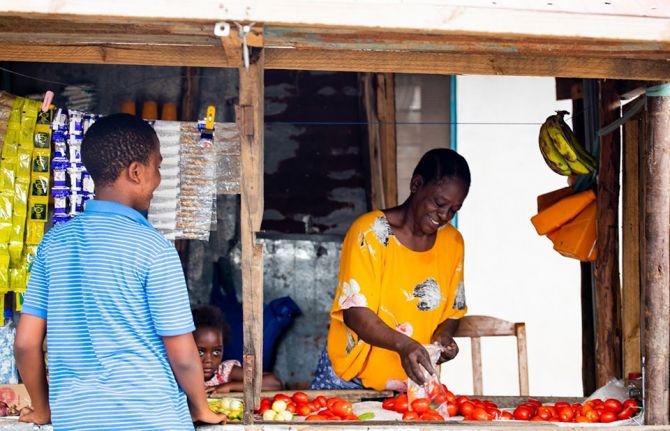

Update
Discriminatory attitudes towards people living with HIV declining in some regions, rebounding in others
25 January 2021
25 January 2021 25 January 2021Among 151 reporting countries, 92 continue to criminalize HIV exposure, transmission and nondisclosure—all grave violations of the rights of people living with HIV that also frustrate efforts to control HIV epidemics. These laws reinforce stigma and discrimination against people living with HIV and those more vulnerable to HIV infection, they disregard up-to-date knowledge on the science of HIV-related risks and harms, and they have adverse impacts on public health.
The most recent data from population-based surveys show that while discriminatory attitudes towards people living with HIV are declining consistently in some regions, they are rebounding in others. In eastern and southern Africa, for instance, discriminatory attitudes have been reduced to historically low levels in some countries. Elsewhere, however, disconcertingly large proportions of adults continue to hold discriminatory attitudes towards people living with HIV. In 25 of 36 countries with recent data on a composite indicator that includes two types of discriminatory attitudes, more than 50% of people aged 15 to 49 years reported having discriminatory attitudes towards people living with HIV.



